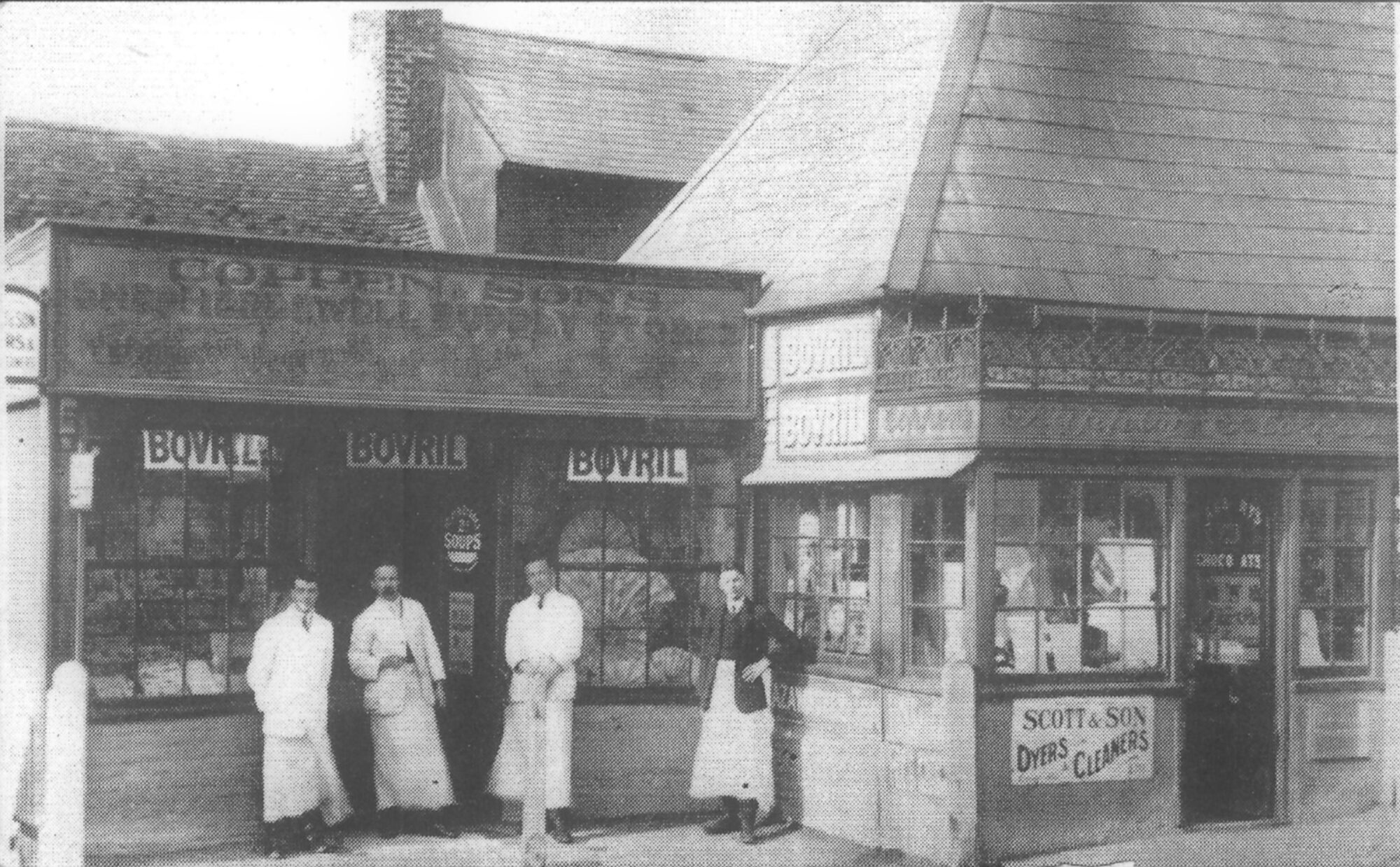SHEPHERDSWELL
The village of modern-day Shepherdswell has had many variations of its name. Today we know these names as Shepherdswell and Sibertswold. They both refer to the same place. In fact when researching anything in the village it is best to use both names to find information.
It is widely accepted that the village name means ‘Forest/Woodland of a man called Swythbriht, Sibert or Shibert’. There are many variations of this name but broken down, Sibertswold is taken as Sibert, an Old English name, and wold, from the Anglian word ‘wald’, meaning forest or wood.
This definition is based on the village name being generally recorded as Sibertswold or some variation of this. No one, it seems, has looked at the A.D. 944 name of the village – Shebbertswell and tried to apply any meaning to this name, perhaps the latter is simply a more phonetic spelling that we can recognise.
A more recent theory is that the village has always been called Shebbertsweald, just spelt many different ways but always sounding roughly the same, occasionally losing the odd letter, i.e. ‘d’, occasionally gaining the odd letter, i.e. ‘l’, but it has always sounded roughly like “Sheb-arts-wheel”.
Over the centuries we have softened the ‘b’ to a ‘p’, lost the ‘d’ and the ‘S’ may have been pronounced ‘sh’. It is worth noting that of the four Old English Subdivisions, the Southern (Kentish) was linguistically different from that of the rest of the country.
Whichever one of these theories is correct, and they both probably are, we have still been left with at least 23 differently recorded names of the village and there appear to be more ways to say Shepherdswell than Sibertswold.
So, Shepherdswell – a modern interpretation of Shebbertswell?
Either way, we know that the village is not named for its wells, of which there were 13 at one point, but for it being on the Weald or Wald and that it once belonged to someone whose name began with an ‘S’. Maybe?
The following list was compiled by Mrs E G Morecroft, no doubt more will be added.
- 940 – Sythbrightlenwealde (Shithbritlenweald)
- 944 – Shebbertswell and Sibrighterweald
- 1086 – Sibertswalt and Sibertesuuald, -uualt (Shibertdswal)
- 1393 – Sibertswald (Sibertdswal)
- 1474 – Sibersywold (Sibersywald)
- 1484 – Sybberdswold (Sibberdswold)
- 1501 – Shipdiswold (Shipidswold)
- 1506 – Shepswold
- 1522 – Shepertesswols
- 1650 – Sheapardswell
The Cambridge Dictionary of English Place-Names (Victor Watts, 2004) states that Shepherdswell or Sibertswold is a modern folk etymological re-interpretation of the original ‘Swithbeorht’s forest’. It records the village’s names as:
- Spyōbrihteswealde
- 944 Siberdeswalde
- 944 Sibrighteswealde
- 990 Swyծbeorteswald
- 1086 Sibertesuuald-d-walt
- 1231 Siberdswswald
- 1477 Si-sypersweld
- 1510 Shepardysweld
- 1513 Schepardswell
- 1557 Sheppards Wold
- 1596 Sybertswold
- 1665 Shepher’s Well
From East Kent Messenger 22 September 1966; gives examples but undated:
- Sibertswalt
- Sybberdswold
- Shipdiswold
- Shephertesswold
- Shebbertswell
- Sibertswold
- Shepherdswell
- Sibertswould
From a piece of work undertaken by Beth Howell when attending Sibertswold Primary School circa 2001:
- 940 Sythbrightlenwealde
- 944 Sibrighterweald
- 1065 Sibertswalt
- 1306 Siberteswalt
- 1474 Sibersywold
- 1484 Sibberdswold
- 1501 Shipdiswold
- 1506 Shepswold
- 1665 Shepherd’s Well
From The Place Names of Kent (Judith Glover, 1976):
- Sibertswold from Old English ‘Swīծbeorhtes weald’ (Swīծbeorht’s forest)
- 940 Swyծbrihteswealde
- 944 Sibrighteswealde
- 990 Swyծbeorteswald
- 1086 Siberteswalt
- 1610 Sibertswood
COLDRED
Coldred as we know it today is made up of the ancient settlement of Colret and the more modern Coldred Street (Street originally meant a place consisting of a road with dwellings on both sides).
The name Coldred is derived from the Old English meaning ‘Clearing where coal is found, or where charcoal is made’.
‘Col’ meaning – coal and ‘ret (ryt)’ meaning rubbish for burning underwood.
